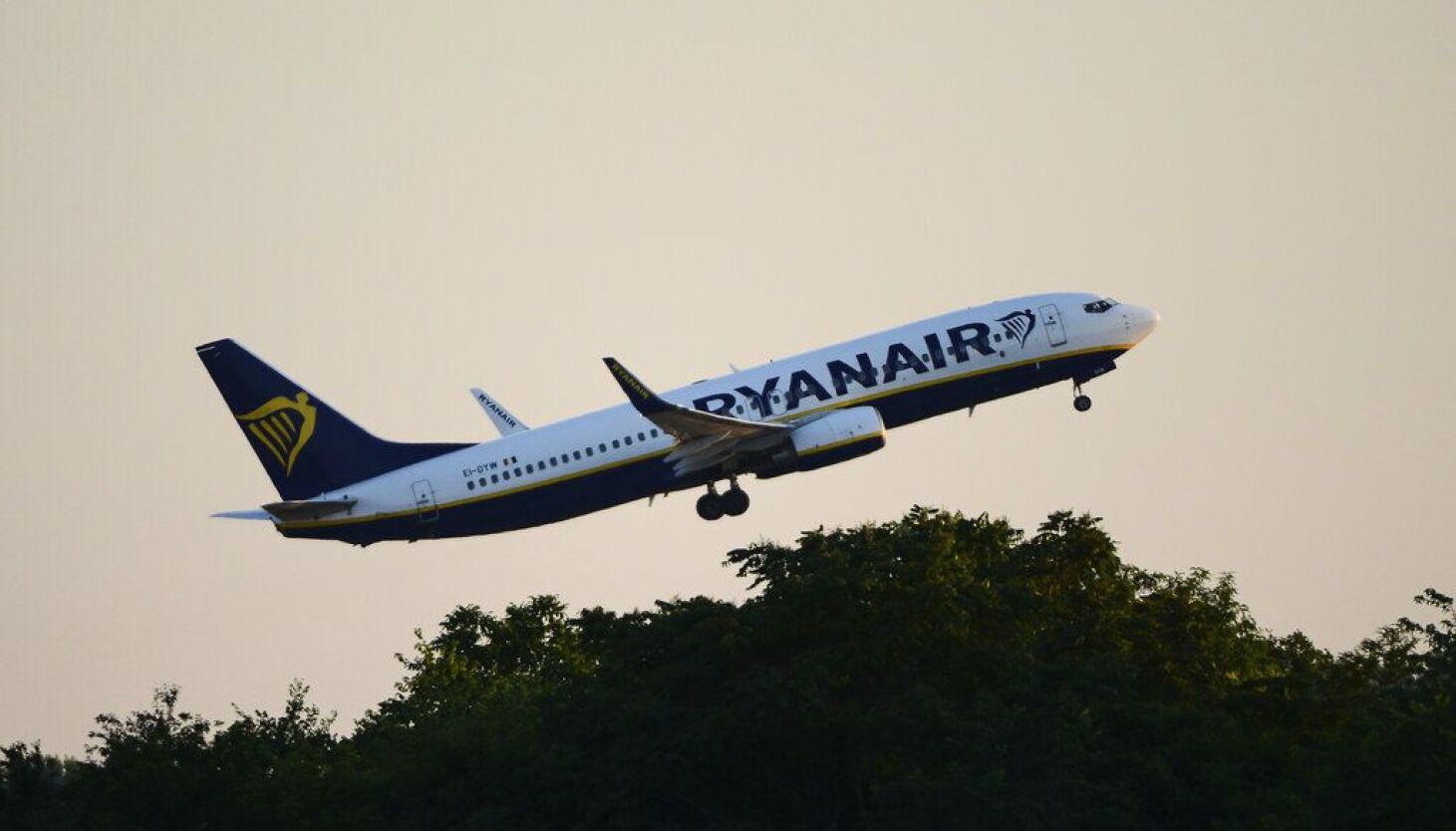[ad_1]
Those opting for air travel this summer face disappointing news as airport intercoms announce one cancellation after another.
Over 8,000 flights in the United States were delayed on Sunday alone, in addition to nearly 1,000 flights canceled, according to FlightAware, a flight tracking website. Nearly 2,700 flights are already delayed and 537 canceled, as of noon MDT Monday.
Per the flight tracker, the airports with the highest number of delays and cancellations on Sunday were Chicago O’Hare International Airport, Newark Liberty International, Chicago Midway International Airport and Denver International Airport.
Meanwhile, Southwest Airlines, United Airlines and American Airlines topped the list for most cancellations and delays.
“We continue working through a variety of weather related challenges across the country this weekend,” Southwest Airlines told CNN in a statement on Saturday. “Our teams are working to get our customers to their destinations safely and as quickly as possible.”
But bad weather isn’t the only barrier the air transportation industry has to face.
Unhappy flight attendants and not enough pilots
The demand for air travel has risen, but the labor force wasn’t fast enough to bounce back.
“It’s going to take a while for the pilot workforce to be back up to pre-COVID levels,” U.S. Department of Transportation Secretary Pete Buttigieg told the Deseret News’ Kyle Dunphey, noting that in some cases demand is higher now than it was before the pandemic.
“I don’t think this is going to be resolved overnight,” Buttigieg said.
A pilot shortage existed before the pandemic, too, but now the situation is exacerbated. The profession requires a license that is expensive and time-consuming to get. Larger airlines like Frontier began recruiting from Australia, while Delta Airlines dropped its four-year degree requirement, per Fast Company.
Flight attendants, on the other hand, are exhausted dealing with highly unpredictable schedules.
They are “being maxed out, working the longest days we’ve had, with the shortest rest periods overnight that we’ve had,” said Allie Malis, U.S. flight attendant, per CNN Travel.
Tips for air travelers
Worried about your flight itinerary? Here are some tips for air travel to use this summer amid major delays, according to Today.com.
- Book a nonstop flight: More stops invite more risk, so one nonstop flight is a safer bet. Delays have a domino effect — if you miss one flight, you’re likely to miss another.
- Keep customer service on speed dial: Having a customer service phone number and the airline’s social media on deck can be helpful — especially if your connecting flight is delayed.
- Put a tracker in your baggage: In case of missed connections, delays and cancellations, it’s advisable to use a tracker.
- Be prepared for boredom: Hours in the airport can drive anyone mad. Downloading games, movies, podcasts and music can help travelers stay occupied.
- Remember everyone’s in the same boat: Being flexible is crucial. If there are deadlines to meet, it may be better to plan ahead.
Protecting consumers
On Wednesday, Buttigieg proposed a new federal rule that would make it easier for passengers to get refunds if there are “significant changes” to the itinerary.
“When Americans buy an airline ticket, they should get to their destination safely, reliably and affordably,” Buttigieg said of the proposed regulation in a release. “This new proposed rule would protect the rights of travelers and help ensure they get the timely refunds they deserve from the airlines.”
According to Condé Nast Traveler, “significant changes” include “changes that affect the departure and/or arrival times by three hours or more for domestic flights, and six hours or more for international flights; changes to the arrival or departure airports; changes that increase the number of connections in the flight itinerary; and changes to the type of aircraft, if it causes a significant downgrade for the customer.”
Airlines have previously been required to refund customers for “significant changes,” but the term was never fully defined.
[ad_2]
Source link





